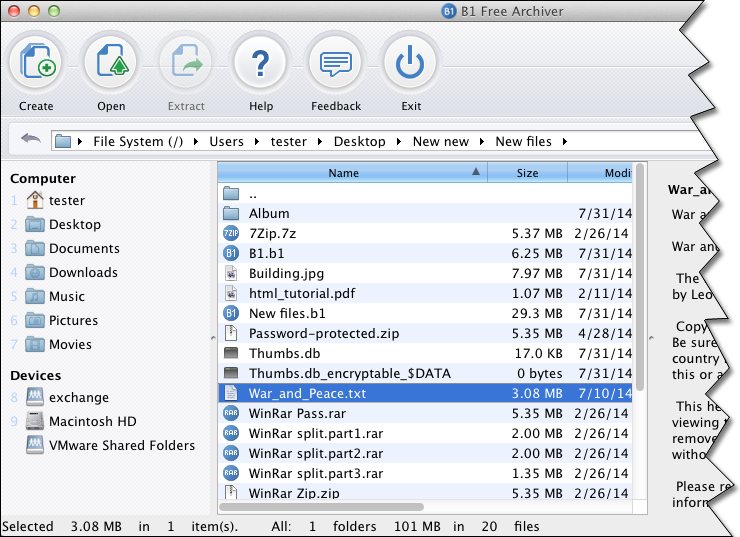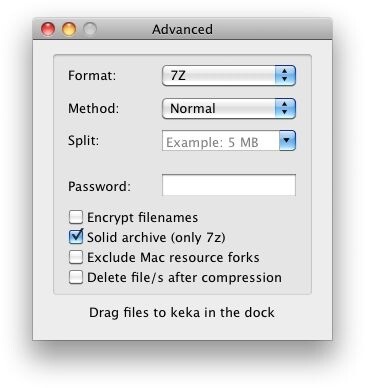
The speed of PPMd compressing/decompressing was increased for 7z/ZIP/RAR archives.It allows to increase the compression speed for big 7z archives, if there is a big number of CPU cores and threads. The default number of LZMA2 chunks per solid block in 7z archive was increased to 64.New localizations: Tajik, Uzbek (Cyrillic).The bug in versions 18.02 – 21.00 was fixed: 7-Zip could not correctly extract some ZIP archives created with xz compression method.The improvements for speed of ARM64 version using hardware CPU instructions for AES, CRC-32, SHA-1 and SHA-256.The command line version of 7-Zip for Linux was released.Some changes and improvements in ZIP, TAR and NSIS code.The speed for LZMA and LZMA2 decompression in arm64 versions for macOS and Linux was increased by 20%-60%.The command line version of 7-Zip for macOS was released.It allows to extract correct file name from zip archives on different systems. 7-Zip now writes additional field for filename in UTF-8 encoding to zip archives.Minor speed optimizations in LZMA/LZMA2 compressing.

The maximum dictionary size for LZMA/LZMA2 compressing was increased to 4 GB (3840 MiB).The 7Z format does not support the storage of filesystem permissions (like those from UNIX or NTFG ACLs) so the use of 7Z for backing up and archiving can be a problem though there are ways to work around that.The 7zip Release Notes tell you what has changed in every new version of the program. 7Z files can support multi-part archives, which can then be combined later. The code size for decompressing is roughly 5 KB. Compression speed is 1 MB/s and decompression is accomplished at up to 20 MB/s (both on a 2 GHz CPU). Dictionary sizes are capable of being up to 4 GB. Want to use this versatile archive file yourself? Check it out, you can convert to 7z here.įiles up to 16 billion GB (16 exbibytes) can be compressed using the 7-Zip system with its high compression ratios, solid compressing, and strong AES-256 encryption.

This type is used for the storage and sending/receiving of especially large files or groups of files.

The open architecture allows compression, conversion, and encryption methods to be stacked. Compression methods which support 7Z include LZMA, PPMD, BCJ, BZip2, and Deflate. Currently, 7Z is an open source extension available to the public domain since 2008. It is considered “future proof” since it has been able to work with various new archiving programs.

Released in 1999 (developed by Igor Pavlov) using the 7-Zip program, the 7Z file extension can support various types of data compression, encryption, and pre-processing algorithms.


 0 kommentar(er)
0 kommentar(er)
